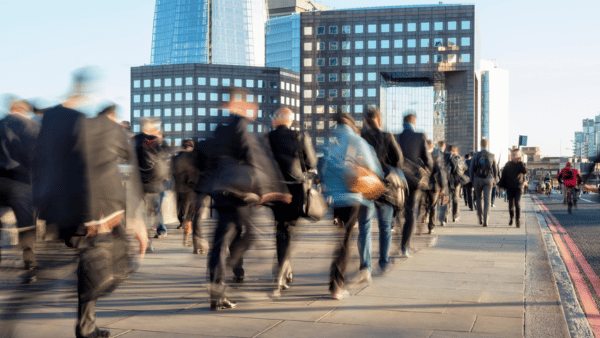According to the BBC, the Government’s advice on dealing with the heat wave is that:
People should be drinking plenty of water, wear loose-fitting clothes and avoid the midday sun
Which is fine but if we really wanted to tackle what appears already to be a rising death toll, we should be focussing not on individual behaviour but social networks. For what kills vulnerable people in hot weather is probably not tight clothes or a lack of water, but social isolation.
My evidence comes from a classic piece of ethnographic research on the Chicago heat wave of 1995.
In that heat wave – which was much more extreme that even our current one – there were 739 extra deaths in Chicago alone directly attributable to the weather. The main explanations at the time were either that this was simply a random consequence of freak conditions or that the deaths could be wholly correlated with poverty and age.
The sociologist Eric Klinenberg was unwilling to accept either account. He painstakingly investigated the deaths and found one factor stood out above all others – social isolation.
Death rates in certain communities – those with high crime rates, and low levels of social activity for example – were substantially higher than in other communities which had the same age and income profiles but with stronger social networks.
As Klinenberg writes
Residents of the most impoverished, abandoned, and dangerous places in Chicago died alone because they lived in social environments that discouraged departure from the safe houses where they had burrowed, and created obstacles to social protection that are absent from more tranquil and prosperous areas.
(Quoted in this review by Kieran Healy)
Typically of the Chicago sociological approach, Klinenberg takes seriously what are called neighbourhood effects, the deeply embedded characteristics of place which impact individual behaviours and outcomes.
To reduce deaths and serious illness, local authorities ought urgently to be considering which of their neighbourhoods have the highest levels of social isolation and lowest levels of casual sociability and seeking urgently to mobilise citizens to knock on doors and make contact with those who may be most isolated and thus vulnerable.
Related articles
-
Counting the cost of bowling alone
Andy Haldane
In his 2025 CEO Lecture, Andy Haldane addresses how the ever-increasing cross-border flows of goods, people and information affect widening divisions and accelerate the depletion of social capital.
-
Prosperous Places: creating thriving communities
Tom Stratton
With regional growth at the top of the agenda, it is vital that we create thriving communities across economic, social and natural perspectives. Prosperous Places is a suite of interventions aimed at responding to the unique ambitions and challenges of places.
-
Pride interview: Felipe Tozzato
Deborah Ajia
The commercial photographer and RSA Fellow explains what Pride means to him, the importance of courage, making friends through rugby and why being gay is his superpower.




Be the first to write a comment
Comments
Please login to post a comment or reply
Don't have an account? Click here to register.